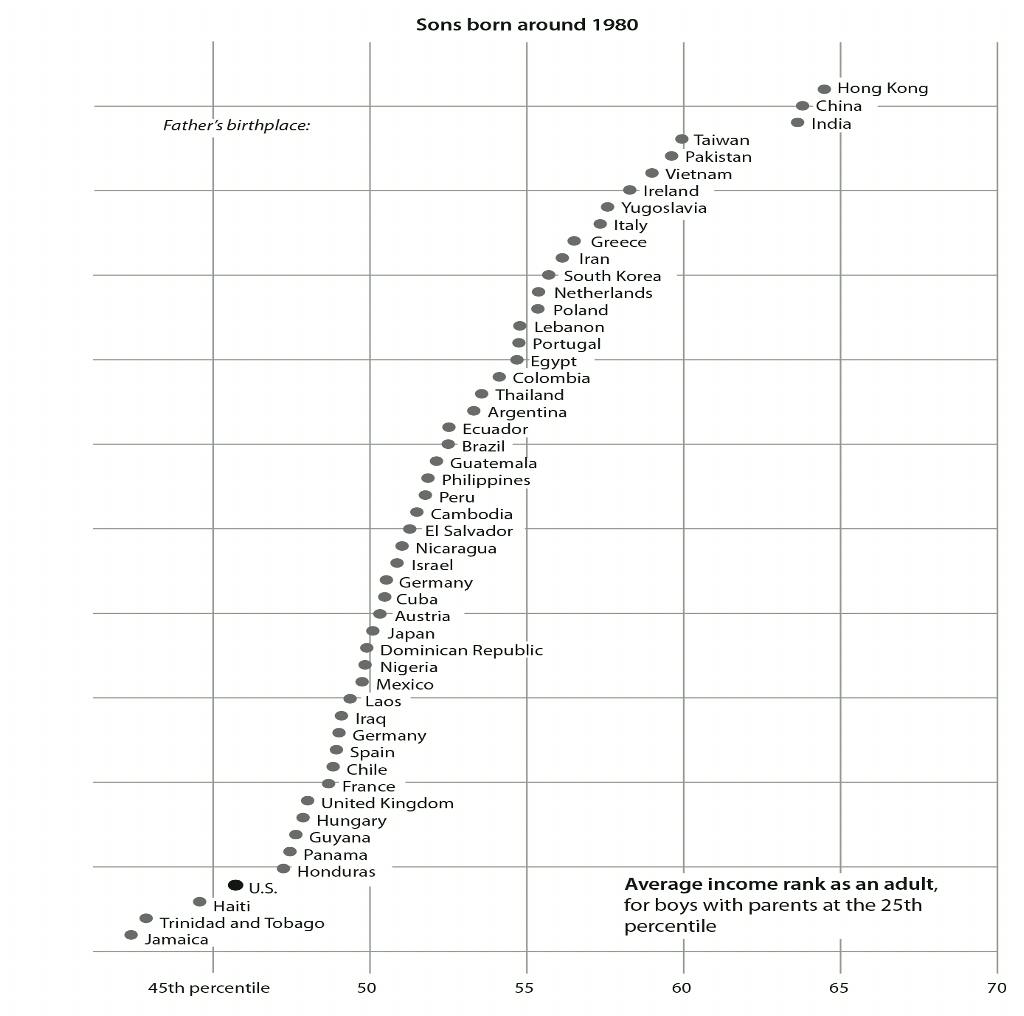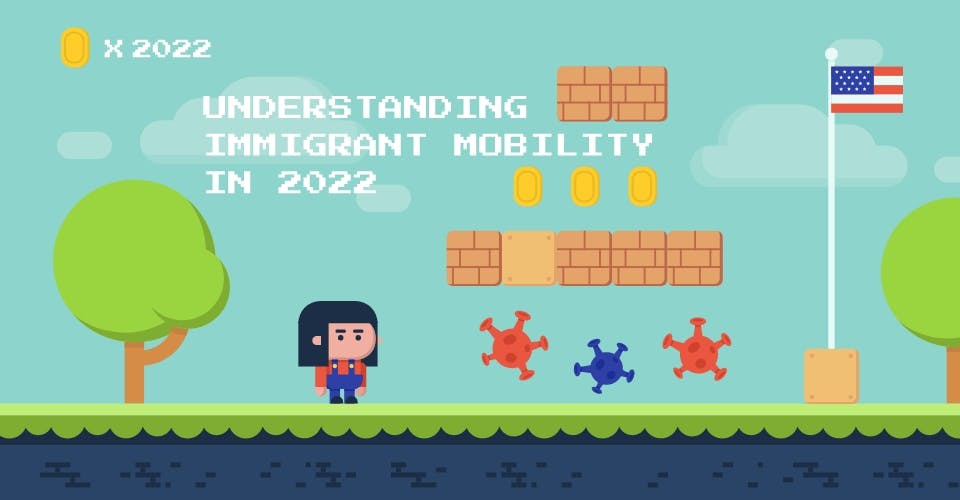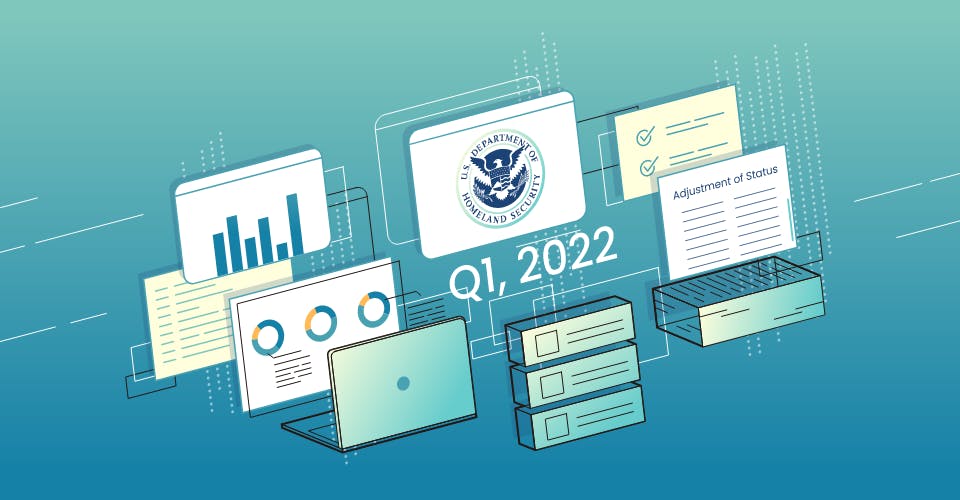In today’s immigration landscape, many thought leaders often hold a nostalgic view of immigration from their parents and grandparents generation, although tend to judge current immigrants in the United States in a less virtuous manner. For example, there is a common narrative that still goes around today that Americans hold, and it usually revolves around the idea that their grandparents came to the U.S. with little to nothing, and worked their way up the economic ladder.
While this may have been true, and accounts for a period of European immigration in the early 1900s up until 1921 when U.S. immigration became restrictive, it is important to understand if immigration that has occurred in the more recent wave of the past 10 to 20 years is following the same pattern of economic and cultural assimilation.
Fortunately, two researchers and economics professors have embarked on this research to compare these two waves of immigration, pouring over large data sets to see how much they really hold in common in terms of assimilation.
This is the work of Leah Boustan and Ran Abramitzky, who have been working on immigration related research for the past ten years. To follow along with a link of some of the research they presented, please see the following link to a podcast where the researchers gave summaries and concluding points that we will cover in this post: https://www.wbur.org/onpoint/2020/03/03/immigrants-assimilating
Research Findings
First off, one of the problems that occurs when trying to understand the cultural assimilation of immigrants in the most recent wave is that because assimilation varies with each individuals experience, it is difficult to find an objective way to measure. However, one interesting way the researchers were able to overcome this was by tracing the way immigrants chose to name their children. In other words, with each additional year spent in the United States, did immigrant parents choose to name their kids a traditional ethnic name, or did they choose a more American sounding name?
The research and Census data shows that when immigrants had a child after living in the U.S. for 1-2 years, there was a higher probability they would name their child an ethnic name. However, once immigrants had lived in the U.S. for more than 10 years and then decided to have a child, the name gap was virtually zero and exactly the same as native born parents having children. In other words, immigrants invariably chose American sounding names after living in the U.S. for many years, which is a sign that cultural assimilation takes longer than 1-2 years.
While the name gap research is the first of its kind, Boustan and Abramitzky also used economic data to better understand the relationship between children born in the 1920s and children born in the most recent wave of immigration (usually from Latin America or Asian countries). Strikingly, when 1st generation immigrant parents have kids (and rank in the 25th percentile in terms of income), children from both time periods do just as well as parents who have children that were native born. The following chart from Princeton University illuminates this data from Sons born around 1980:

Source: Princeton University














